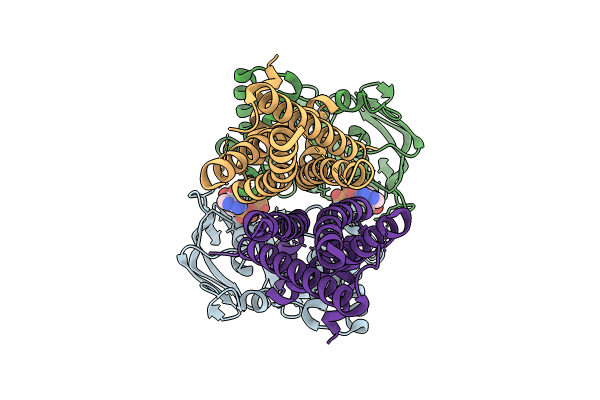
Deposition Date
2023-11-20
Release Date
2024-05-08
Last Version Date
2025-07-16
Entry Detail
Biological Source:
Source Organism(s):
Escherichia coli K-12 (Taxon ID: 83333)
Expression System(s):
Method Details:
Experimental Method:
Resolution:
3.05 Å
Aggregation State:
3D ARRAY
Reconstruction Method:
SINGLE PARTICLE


